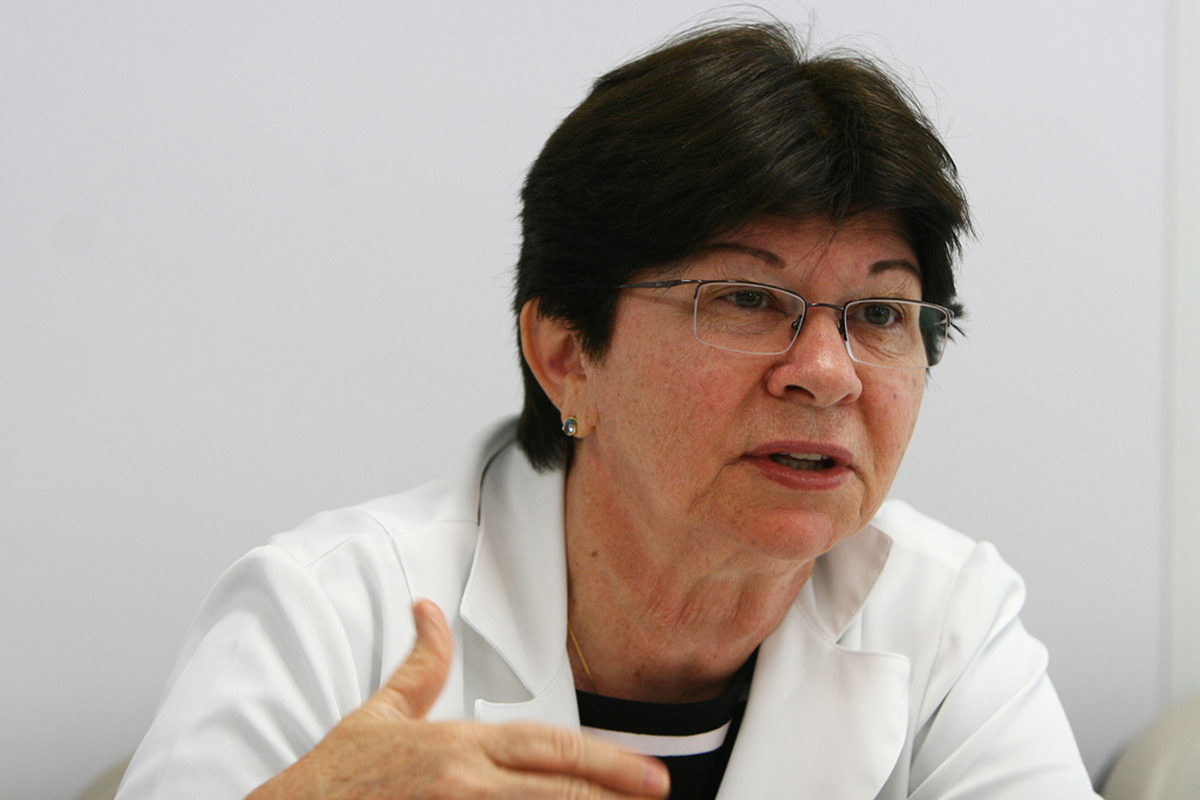Table of Contents
You probably have a strong reason for you to want to see another expert opinion on your health issue. Therefore, it is best to prepare for it and to do what is necessary to obtain meaningful results. This will help you understand more about your health condition before deciding on the course of your treatments.

First, ask your doctor to give you another doctor's name who can give you a second opinion. Most doctors welcome a patient's request for a referral to another expert. Other ways to seek new insights on a medical problem include:
-
asking trusted relatives or friends for referrals to their own doctors
-
getting a list of qualified doctors from the insurance company who will handle your expenses
-
contacting the medical society in your locality
-
looking at the names of doctors and specialists listed in the American Medical Directory
-
accessing the websites of major hospitals who offer online services for second opinions (examples include Cleveland Clinic and Massachusetts General Hospital)
-
visiting medicare.gov or calling 1-800-MEDICARE to ask for names of doctors who will accept medicare.
The next step is to obtain a full set of your medical records and test results or to ask your doctor to send them to the other doctor before you get an appointment. This will help avoid unnecessary repetitions of tests that have been done already. Confirm that the second doctor has received the necessary information.
Find out if your health care plan will cover a second opinion before you make the doctor's appointment. Medicare helps pay for second opinions on treatments that are medically necessary. However, if you should pay out of your own pocket, a second opinion may still be worth it.
When you see the second doctor, have a close friend or relative to sit and listen with you. It is advisable to write down anything important in the discussion. These will help you reconsider your options.
See Also: What To Do When Your Doctor Won't Listen
Find out if you can make a decision based on all the information you have, going with the treatment that makes sense to you, focusing on the important medical issues and choosing that which involves the least risks. You do not have to agree with the second doctor's recommendations. In some cases you might want to reconsider the first doctor's advice. Sometimes, the second doctor may give a similar advice as your first doctor.
- WebMD. Second Opinions. http://www.webmd.com/a-to-z-guides/second-opinions
- AHA. Getting a Second Medical Opinion. http://www.heart.org/HEARTORG/Conditions/More/MyHeartandStrokeNews/Getting-a-Second-Medical-Opinion_UCM_434325_Article.jsp
- CNN. Five diagnoses that call for a second opinion. http://edition.cnn.com/2007/HEALTH/08/30/ep.second.opinion/index.html
- Van de Graaff, E. Never hesitate to seek a second medical opinion. http://www.kevinmd.com/blog/2010/11/hesitate-seek-medical-opinion.html
- Mindmap by steadyhealth.com
- Photo courtesy of Fotos GOVBA by Flickr : www.flickr.com/photos/agecombahia/6283387508/
- www.webmd.com
- www.heart.org
- edition.cnn.com
- www.kevinmd.com

